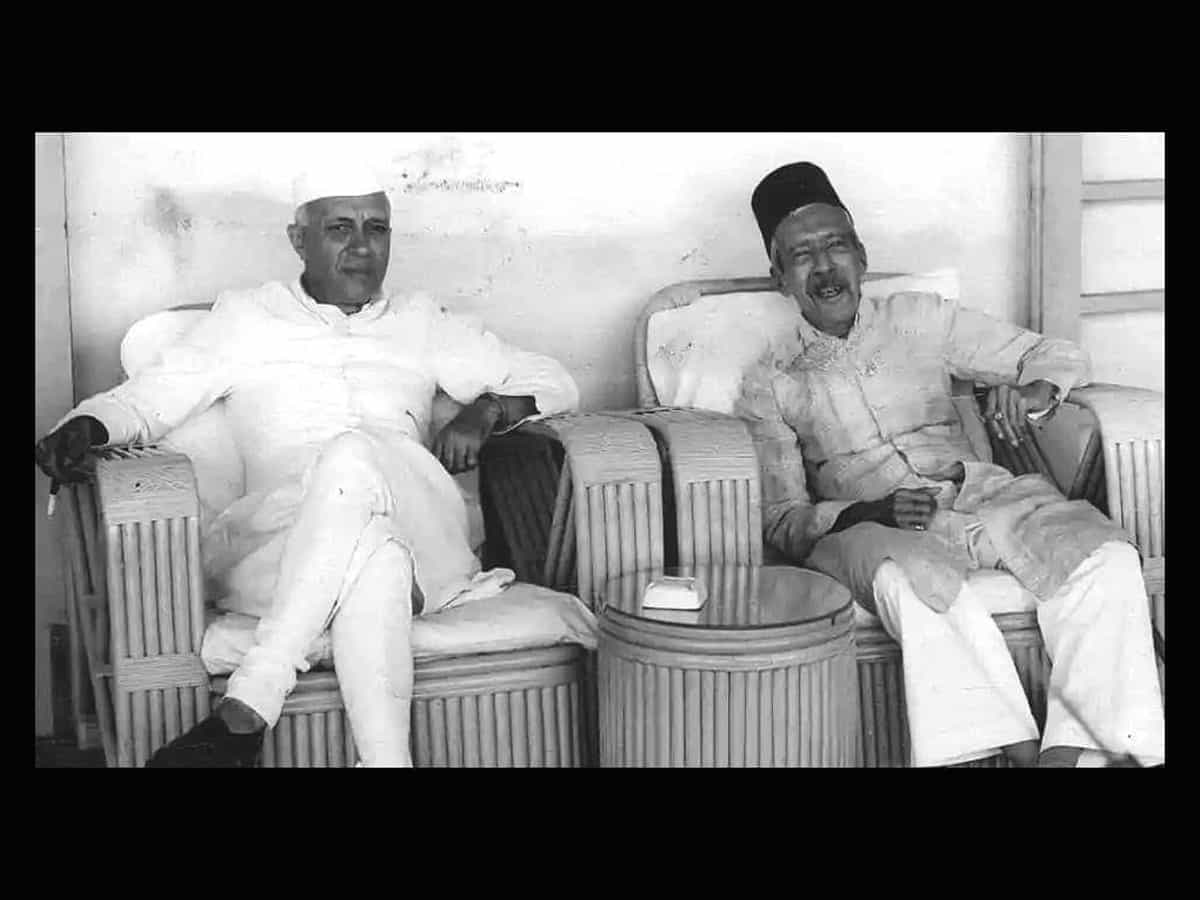
By Mohammed Ayub Khan
Toronto (Canada): The characterization of Hyderabad’s integration into the Indian Union as ‘liberation’ is a problematic proposition. It is based on a selective and simplistic understanding of history which ignores the series of events that led up to the violence of 1948. The proponents of the ‘liberation’ theory try to classify the Nizam as a foreign lord ruling over a majority population with brute force.
The ‘Nizam as a foreigner’ theory is of recent origin. For even until early 1947, none of the organizations calling for a full merger of Hyderabad (whether it be the Hyderabad State Congress, the Arya Samaj or the Communists) called the Nizam a foreigner. Similarly, none of the nationalist leaders from the rest of India consider him as such.
Pandit Madan Mohan Malviya certainly did not appeal to foreigners for funds for Benares Hindu University. His appeal to the Nizam of Hyderabad was in the same vein as his appeal to the Maharaja for Bikaner and other Indian rulers.
That the indigeneity of the Nizam was never a question is attested to by none other Mahatma Gandhi himself. During the heyday of the Khilafat Movement of the 1920s, the Nizam was being pulled in different directions by the various protagonists. The British wanted very much to keep him in their imperial orbit while the Khilafatists floated the idea of Hyderabad as the ‘Headquarters of World Islam’ and it’s Crown Prince as the Caliph of Islam.’ Amidst this push and pull, Mahatma Gandhi made the following statement: ‘If the Nizam of Hyderabad became the Emperor of India, it will still be a cent per cent Swaraj.’ This ringing endorsement is cited by the Hindu Mahasabha leader Ashutosh Lahiry in his 1976 book ‘Gandhi in Indian Politics.’
In this sense, the Nizam was no different than the heads of any of the 584 princely states of pre-partition India. The Asaf Jahi Dynasty, despite the contention over its powers, was deeply entrenched in the Deccan and wider India and considered itself Indian. There was no appeal to its foreign origins of the distant past in claims to sovereignty. His Indianness was never in doubt.
